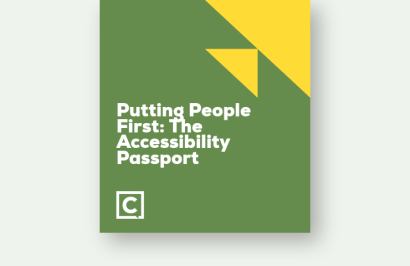On Monday, The Independent reported that EY (Ernst and Young), one of the UK’s biggest graduate recruiters are to scrap their entry requirement for applicants to have a 2:1 classification.
Instead, they’ll use assessment tools to measure potential, selecting the best candidates for their business, regardless of the degree level achieved.
So why are they doing this?
It’s no secret the number of graduates achieving a 2:1 or above in British universities has surged over the past few years. In fact, well over 2/3rds of grads walk away with at least a 2:1, which makes the job of identifying top talent more challenging than it used to be.
But there’s more to it than that. Research by social mobility charity the Sutton Trust, reports that by the age of 5, children from poorer backgrounds are likely to be an average of 19 months behind their wealthier equivalents in academic terms. And that children from affluent neighborhoods are 9 times more likely to get into one of the top 13 uni’s in the UK. And the trend doesn’t end there. The BBC reports that three years after graduation, those who attended fee-paying schools, earn around £4,500 a year more than their state school counterparts.
So, A-Level grades and the university a candidate attends, is no longer an equitable way to assess talent and potential. In fact, data collected by charities like the Sutton Trust, indicate that assessing against those indicators alone, is simply an exercise in selecting employees based on how affluent their background has been, and therefore missing out on a boat-load of the most talented individuals in the market.
How can employers tap into this vein of talent?
- Switching up the mix of higher eduction institutions (HEIs) they work with is a good start. Considering how to use the masses of data HEIs produce these days, and how it can help target by things like ‘Value Added’ scores, alongside the more traditional metrics will help broaden the number of undergrads your scheme can reach.
- Working with charities like the Sutton Trust to develop initiatives to attract and recruit a more diverse range of grads onto your scheme, is also a good idea. Things like paid internships, work experience and networking events will help undergrads from less affluent backgrounds level the playing field.
- Review your recruitment and assessment processes to identify whether there are any unintentional barriers to entry. And consider how much value some of the traditional assessment metrics really add to your business.
And if you really want to do something exciting, why not give us a call at the Roost to find out how we can help?



